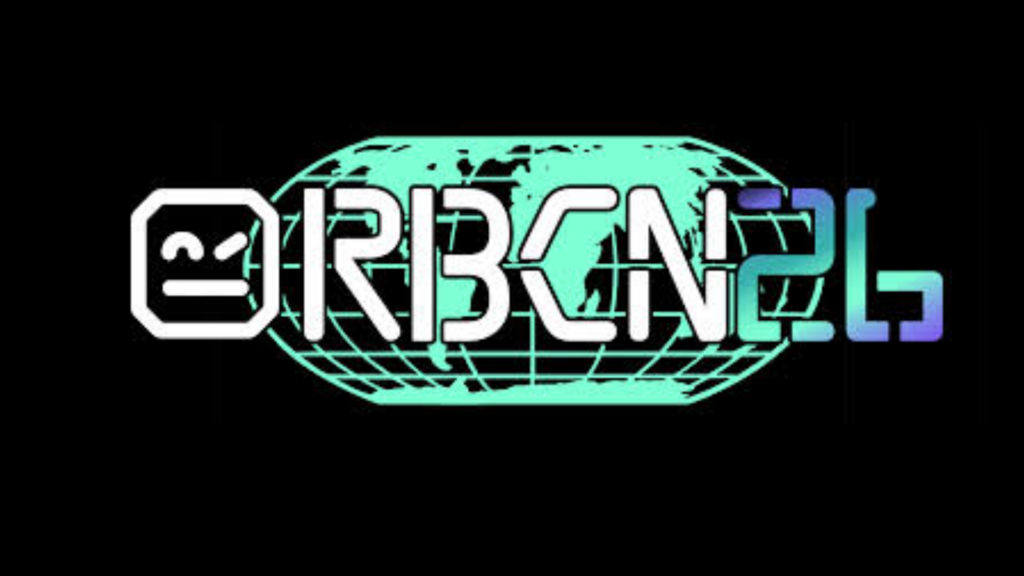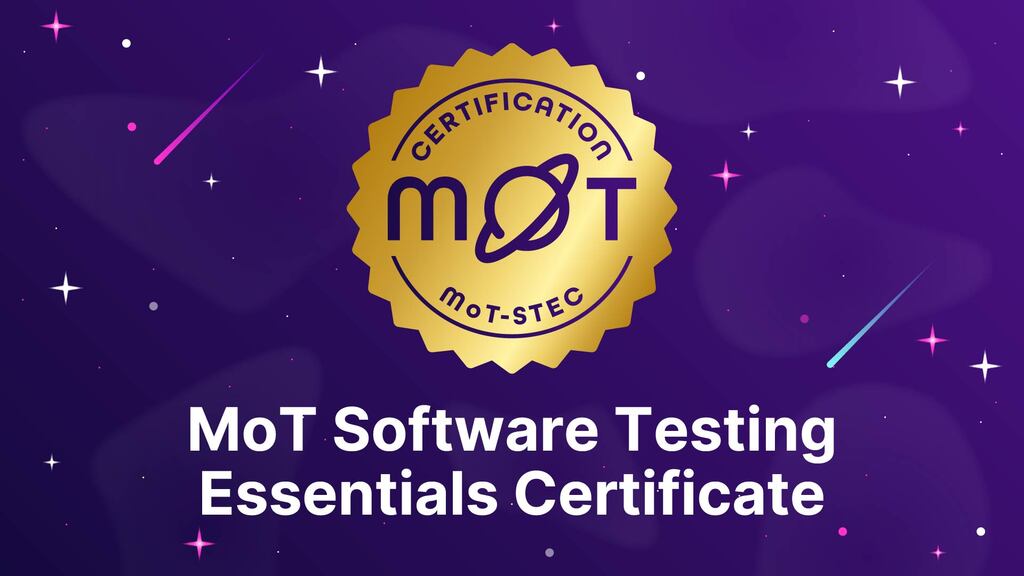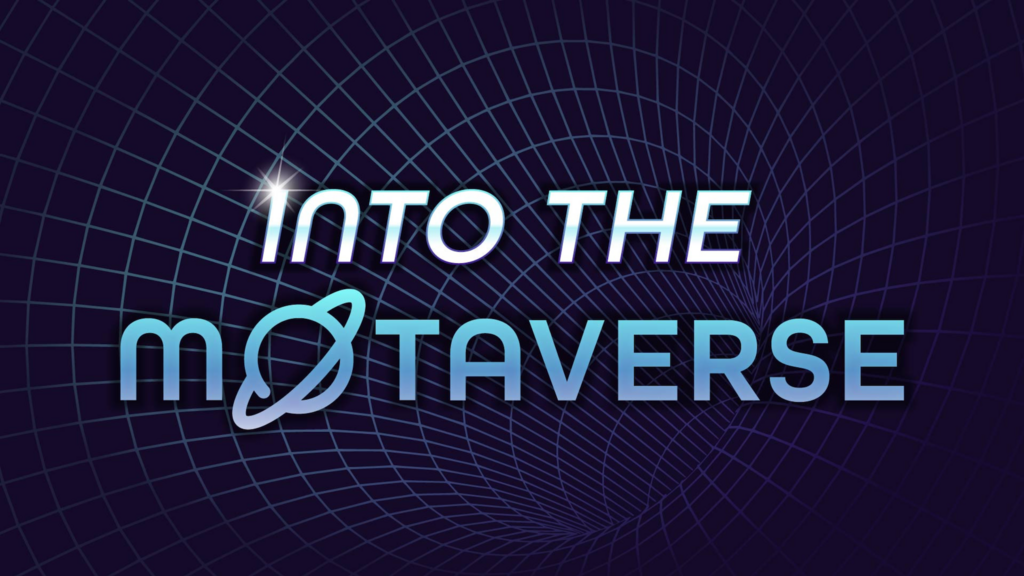
Leeds Testing Atelier
MoT proudly sponsors the Leeds Testing Atelier
09:00 - 17:00 BST
Location:
Online
📸 View the collection of memories from the day.
On the 13th of May 2025, the fully independent, punk, Leeds Testing Atelier returns at The Tetley for a day of learning, collaboration and laughs!
Check out the awesome speakers:
On the 13th of May 2025, the fully independent, punk, Leeds Testing Atelier returns at The Tetley for a day of learning, collaboration and laughs!
Check out the awesome speakers:
Lauren Borodajko
Organic Quality, it starts with the soil
Throughout my career from Tester and Quality Coach to Engineering Manager. I have relied on an approach Organic Quality. This philosophy has consistently helped the teams I work with mature and achieve high performance fast. At its core, Organic Quality is built upon three key values: kindness, curiosity, and credibility. By embracing these values, individuals and teams can create an environment where success feels effortless and work becomes something to genuinely enjoy. Sounds easy right? We all know that when people are involved, things are never easy! In this talk I will walk through the four pillars of Organic Quality: Conscious Awareness, Open Communication, Social Responsibility & Empowered Leadership. There will be real life stories of our learnings and actionable examples of how everyone can be a little more organic at work.
Andy Burgin
Throughout my career from Tester and Quality Coach to Engineering Manager. I have relied on an approach Organic Quality. This philosophy has consistently helped the teams I work with mature and achieve high performance fast. At its core, Organic Quality is built upon three key values: kindness, curiosity, and credibility. By embracing these values, individuals and teams can create an environment where success feels effortless and work becomes something to genuinely enjoy. Sounds easy right? We all know that when people are involved, things are never easy! In this talk I will walk through the four pillars of Organic Quality: Conscious Awareness, Open Communication, Social Responsibility & Empowered Leadership. There will be real life stories of our learnings and actionable examples of how everyone can be a little more organic at work.
Andy Burgin
AI Agents - Lets Talk...
Let's talk about the latest hot topic in our industry - AI Agents. They might be coming for your job, entire workforces may be replaced by these super-smart chunks of code, so what does it mean for you? We'll also see one in action.
Emily O'Connor
Emily O'Connor
Testing your assumptions - You are not your customer
This talk goes over some of the assumptions development teams can make and how recognising them can help teams build better quality products - because you are not your customer.
Stephen Platten
Stephen Platten
Stoicism & Software Testing: Ancient Philosophy Meets Modern Methods
Testing is often chaos, uncertainty, changing requirements, constant defects, and a challenging stakeholder. What is the answer to this chaos? A 2000-year-old philosophy?? Stephen's talk will about Stoicism and how it's principles can be used to gain a different perspective on this chaos to make us happier testers.
Sorrel Harriet
Sorrel Harriet
Testing in the dark: Life as a research software engineer
This short talk will give the audience an insight into the chaotic underworld that is research software engineering. It aims to ignite inter-contextual learning in areas like software design, testing, and supporting neurodiversity in teams. If you've ever been curious about engineering in an academic research context, this one's for you!
Costa Giannakopoulos
What the heck is subcutaneous testing?
Ever wondered how you might reduce the number of UI tests you have and still cover the key scenarios? Costa will answer the question what the heck is subcutaneous testing? With loads of real examples of how Pactumjs makes this easy!
Olawale Ibitoye
AI Ethics in SDLC
The integration of artificial intelligence (AI) across diverse domains such as healthcare, transportation, and consumer services has transformed societal and technological landscapes. However, this rapid adoption also amplifies the ethical challenges posed by AI systems, including issues related to bias, privacy, transparency, and accountability. Addressing these challenges requires adoption of AI ethics throughout the software development lifecycle (SDLC) while fostering collaboration across diverse functional teams, including developers, designers, testers, and end-users.
Kat Obring
From Gatekeepers to Coaches: Evolving the QA Role in Agile Teams
Every agile team I ever worked on has at one time or another felt held back by their QA process, and often rightly so, because too many QAs have been trained to be gatekeepers, not enablers of safe releases. In this talk, you’ll hear how modern QA professionals can shift from being that bottleneck into quality coaches, finally breaking down silos and building stronger engineering culture. I’ll present practical strategies for implementing this shift, such as pair testing, collaborative code reviews and quality-focused workshops that will improve the entire team’s testing capabilities.
Chris Briggs
The Good, The Right, and The Fitting: Moral Philosophy in Software Testing
The future is now. Never before have we had such power to do harm—or to do good. But what is good? What is right? What is fitting—and for whom? Can we afford the luxury of thinking about morality in software testing? Can we afford not to? Quality Engineering often focuses on functional and non-functional attributes, ensuring performance, security, and usability. Even the broader, glue-work role of QEs tends to center on fulfilling business needs and meeting delivery goals. Yet, whether we acknowledge it or not, our work has an inherent moral dimension. This talk begins with an exploration of Aristotelian, Kantian, and Utilitarian ethics, introducing core philosophical concepts that we will then apply to real-world software testing dilemmas. The purpose of this talk is not to leave attendees with answers or definitive frameworks. Instead, attendees will leave with a conceptual scaffolding that enables them to critically examine their own domains, collaboratively assess ethical challenges, integrate moral reasoning into their decision-making, and hopefully, a lot of questions! Ethical testing isn’t only about avoiding harm in the present - but about doing good, now and in the future.
Jit Gosai
Psychological Safety for Staff+ Engineers
Psychological safety is fundamental for successful teams as it allows people to take risks and feel confident that no one on the team would embarrass or punish anyone else for admitting mistakes, asking questions or offering new ideas. But taking those risks doesn't come naturally to people and needs to be nurtured. Why? Because people have a natural tendency to look up in the hierarchy as to what is and isn't acceptable. Therefore if we model behaviors that show that it is safe for interpersonal risk-taking, it helps others see that they, too, can take these risks. In this talk, I'd like to share what psychological safety is, why it matters to software teams and how Staff+ engineers can foster environments high in psychological safety.
Denny Thampi
The Shift to Quality Engineering: Adapting Skills, Mindsets, and Practices
Embedding quality in the entire product life cycle has become an essential part in the modern software development landscape. This talk explores the transformative shift from traditional QA to Quality Engineering, focusing on how teams can adapt their skills, mindset and practices to foster continuous quality. Learn how modern techniques such as shift left, automation and robust feedback loops help drive quality not only during development but also in monitoring, analytics and post production performance.
Melissa Rocks
Who Cares About Accessibility
Accessibility? The history and use of it. Let's talk about why we want it to be regularly considered in tech, who it can help and how we can go about that.



